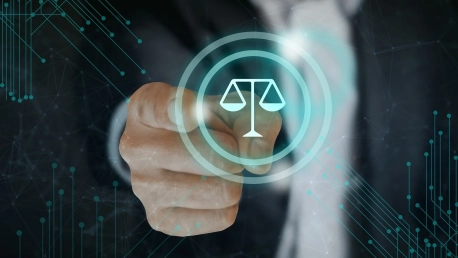Blur’s drummer and Labour advocate, Dave Rowntree, is taking the Performing Rights Society (PRS) to court over claims of unfair royalty allocation. This legal move by Rowntree challenges the PRS, an organization responsible for distributing songwriters’ royalties, on the grounds of mismanagement. He argues that the PRS favors music publishers, thus disadvantaging artists. As a musician passionate about artistic rights, Rowntree’s lawsuit represents the grievances of fellow PRS members who feel shortchanged. By confronting the PRS, he aims to correct the balance and ensure fair payment practices within the music industry. This action could prompt a significant shift in how music royalties are managed, potentially benefiting songwriters who rely on these funds for their livelihood.
The Core of the Conflict
The crux of the dispute centers around ‘Black Box’ royalties—revenues collected but not distributed due to various factors such as missing information or unclaimed works. These royalties, instead of being held for potential rightful claimants, are allegedly being divided up in a manner that unduly benefits publishers, leaving songwriters at a disadvantage. The lawsuit asserts that this practice contravenes both UK and EU competition laws, raising serious questions about the transparency and fairness in the treatment of creators. The class action, involving a significant cohort of PRS’s 165,000 members, hinges on the belief that a more equitable system must be installed—one where songwriters receive their due without being overshadowed by larger industry entities.
Implications for Music Rights
Dave Rowntree and his legal team at Maitland Walker are embroiled in a landmark legal fray, demanding not just monetary redress for alleged mismanagement of royalties but also sweeping reforms to transform copyright distribution practices. This case isn’t simply about reclaiming what’s owed; it represents a critical stance for artists often disadvantaged by the complex and opaque financial structures within the music industry. By challenging the status quo, Rowntree is advocating for a transparent and equitable system that duly acknowledges and compensates the valuable creative work underpinning cultural contributions. The repercussions of this battle could instigate regulatory reviews and lead to significant shifts in how copyright systems operate worldwide, potentially revolutionizing the way creative royalties are handled in the future.









